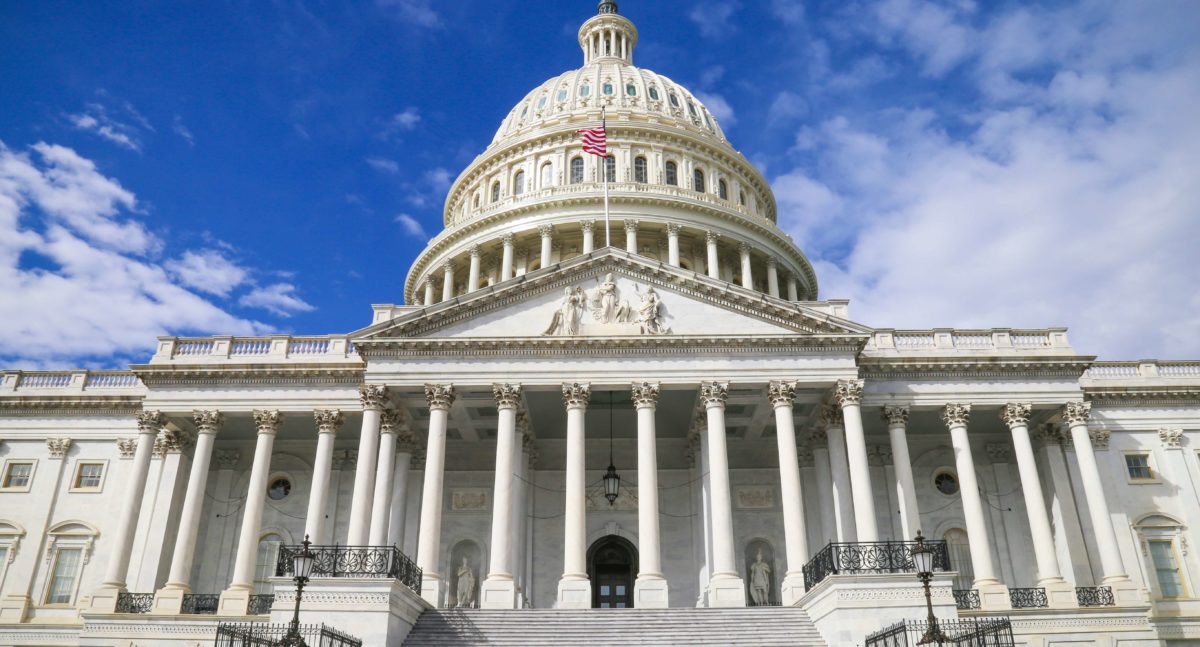When the Utah State Legislature adjourned at “sine die” on March 8, my first thought was “Thank God, it’s over! I don’t have to deal with this for another nine months.”
And while it’s true we won’t have hundreds of bills flying around every minute and I won’t be staying up until midnight or later, my initial reaction wasn’t entirely founded in fact. Almost immediately, legislators were speaking of all sorts of different sessions: interim sessions, special sessions, and even tomorrow’s veto override session.
So what do all these mean? And what can we expect the Legislature to be up to for the rest of the year? Well, I’m here to help because here is…

Veto Override Session — As we all know, the Legislature passes laws. But we also know that the Legislature doesn’t always pass good laws. So, we built in a system where the Executive Branch also has a part in a bill becoming a law — he has to sign it into law. And if the Governor decides he doesn’t like what the Legislature did? He can veto it!
But what if the Legislature really believes this is a good law? If two-thirds of the House and the Senate both agree that it should still become a law, the Legislature can call itself into a “veto override session” where they will vote to… override the vote of the Governor!
This doesn’t happen very frequently BUT it will be happening tomorrow! Speaker Hughes and President Niederhauser have announced that a veto override session has been called for Wednesday, April 18 at 1:00 pm to consider overriding Governor Herbert’s vetoes on two pieces of legislation.
What are these bills and what would they do? Well, first of all, they are part of a year-long power struggle between the Governor and the Legislature over constitutional separation of powers—which may be a “yawn-fest” for most of you, but which I find super fascinating. Here they are:
- HB 198, Attorney General Responsibility Amendments: This bill would require the Utah Attorney General to provide legal opinions and advice to the Legislature, in addition to the Attorney General’s constitutional role of being the legal advisor for executive branch officials. Governor Herbert claims this is an unconstitutional breach of the separation of powers, especially because it could lead to the Attorney General providing conflicting opinions to both the Legislature and the Governor. The Legislature believes it included sufficient protections against conflicts of interest. And legislators are still just upset that the Governor wouldn’t hand over the special election legal opinion last year, even though they have their own team of lawyers to help them out whenever they want. The House passed this bill by a unanimous vote of 62-0, and the Senate also passed it unanimously by a vote of 23-0.
- SB 171, Intervention Amendments: Remember how only two sentences ago I said the Legislature already has its own team of lawyers? Well, this bill would give the Legislature the “unconditional” right to have those lawyers intervene in any lawsuit challenging the constitutionality of laws passed by the Legislature. Normally, this job falls to the Attorney General because: 1) the Legislature passes the laws, 2) the Governor enforces the laws, and 3) the Attorney General defends the laws. Well, the Legislature doesn’t want to be left on the sidelines when they put so much effort into passing these constitutionally-dubious laws! The concern isn’t only that this unconstitutionally violates the separation of powers, but also that the way it’s worded would allow the Legislature to become involved in any lawsuit, not just those challenging constitutionality. Also, it would give $700,000 every year to a whole new team of lawyers to represent the Legislature, even though the Attorney General’s office is already using tons of resources doing exactly the same thing. The House passed this bill by a vote of 61-8, and the Senate also passed it by a vote of 21-5. You can learn more about it from today’s column in the Salt Lake Tribune by Robert Gerkhe.
Interim Session: Under the Utah Constitution, the Legislature is only allowed to meet in session for 45 consecutive calendar days each year. However, this only applies to formal, “general” sessions of the Legislature. Lawmakers meet in similar committees throughout the rest of the year to study issues and prepare bills for the next general session. They may not be passing bills, but interim sessions are still extremely important if you are interested in a particular issue and want to impact what eventual bills could look like.
This process begins tomorrow as well! The Legislative Management Committee, a committee made up of Republican and Democratic leaders from both the House and Senate, will meet to approve the list of items that interim committees can study for the rest of the year. Here is the agenda for that meeting which begins at 9:00 am in Room 445 of the Capitol Building, and here is the list of potential study items they will consider.
Special Session: While the Legislature may not introduce and pass bills outside of the annual 45-day general session, the Governor has the power to call the Legislature into session to consider “necessary” legislation. This November, voters will decide whether the Legislature should also be able to call itself into special session, rather than simply waiting on the Governor to do so. Special sessions are common, whether used to keep working on bills that died during the general session, make necessary changes to any passed bills, or deal with emergencies.
Watch out for a special session to be called later this year, perhaps in May, to tweak the “Inland Port Authority Bill” that has caused a huge amount of drama between legislative leaders and Salt Lake City officials.

